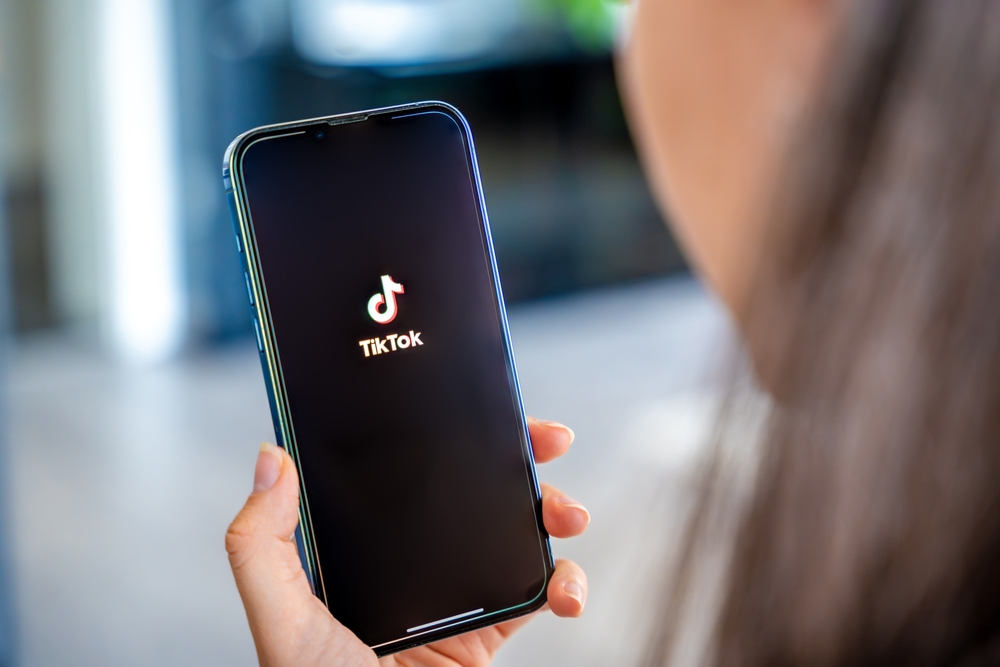From Recife, the couple Flávio Daniel and Marcela Luiza, 34 and 32 years old, respectively, are transforming the lives of hundreds of people by teaching how to prosper through digital entrepreneurship. They transformed their own experience with the Tradição Móveis stores, a business that started in physical retail 16 years ago and currently earns R$ 50 million but underwent a digital transformation during the pandemic when they were forced to move to online commerce.
The furniture store was born from Daniel’s desire to become independent. He worked in his father’s furniture store in Recife and wanted to progress when he decided to have his own business.
However, without money to invest, the young entrepreneur did not get credit from banks, let alone from product suppliers. That’s when he had the idea to sell the damaged products that were stuck in his father’s store for a cheaper price, valued at R$ 40,000.
With the store open, the first sales started coming in, and the entrepreneur, besides paying off his debt to his father, started investing in new products. Gradually, as he obtained credit from manufacturers, he began offering more furniture options to customers.
Since the store opened, Daniel already had the partnership of his then-girlfriend, Marcela Luiza, who soon became his wife and business partner. Coming from a humble background in the Destilaria neighborhood of Cabo de Santo Agostinho, she never imagined she would have professional success, especially facing the challenges of being a woman entrepreneuring with her husband while juggling other activities, home, and children. “When I remember where I came from, my journey, I say that I am the unlikely one because everything didn’t point towards being here, but we persisted, prospered, and achieved,” she states.
Pandemic and online sales
The first contact with online sales started with a loss generated by opening a store in another city, resulting in a debt of R$1 million. Selling through Facebook was the solution found to cover the shortfall.
Subsequently, the Coronavirus pandemic forced the couple to completely change their work model. During the lockdown, they feared for the sustainability of the business and the maintenance of employees – the company now employs 70 people. “But then we started selling remotely, through social networks and WhatsApp. With this, we had growth and no one had to be dismissed,” recalls Daniel.
With the increase in online sales, the couple began investing in an online store, set up through Tray, an e-commerce platform owned by LWSA. The digital solutions brought by the company allowed the couple to sell more online, optimize business management with inventory control, issuance of invoices, pricing, and marketing, all in one place. “We needed security in customer transactions and a reliable website, as well as sales and online catalog organization, so we sought the technological solution our business needed,” emphasizes.
Currently, they operate stores in an omnichannel manner, with physical and online sales on the virtual store and the company’s digital channels. The success of the business led the couple to also invest in content strategy on social networks and together they have become, in addition to entrepreneurs, mentors for people who wish to invest or are running their own business but need knowledge to perform better.
“The unexpected happens, so our tip for those who are entrepreneuring or planning to have their own business is to always seek knowledge, partnerships with platforms, with technology, and not forget to focus on the customer, who always needs to be at the center of the business to grow more and have recurrence in sales,” Marcela points out.







